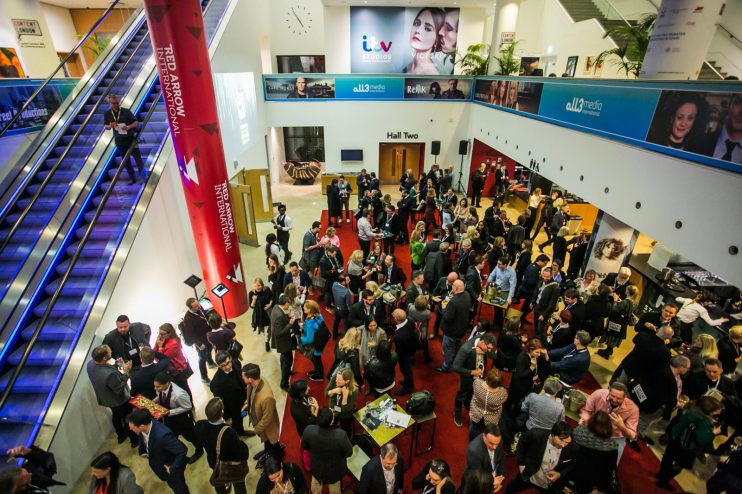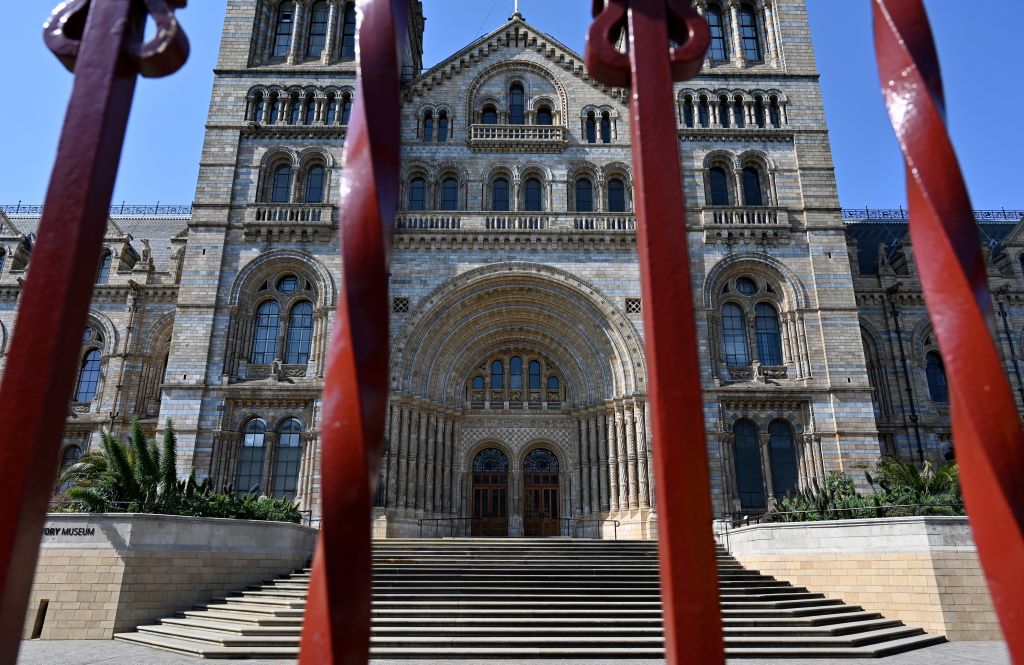Falling through the cracks: How Covid-19 has put London’s events sector on the brink

Perched on the banks of Regent’s Canal, Kings Place is — in normal times — one of London’s most popular events venues.
From conferences and concerts to dance workshops and comedy shows, the glass-fronted building has played host to an array of spectacles in recent years.
But since the coronavirus lockdown descended in March, Kings Place, along with a host of other venues in London’s once-vibrant centre, has fallen silent.
Now, as the government tightens restrictions in the capital and the furlough scheme comes to an end, businesses in the events sector are fighting for survival.
‘State of decay’
When the UK was plunged into lockdown in March, the impact on events companies was instantaneous.
“Our full-year revenue projections basically went to zero,” says John Nugent, chief executive of Green & Fortune, which runs events at Kings Place, Central Hall Westminster and Sea Containers. “There aren’t many sectors that can actually say that.”
As millions of Brits were forced to stay at home, dozens of shindigs were abruptly cancelled. Even though the strictest measures were lifted, the sector has been unable to bounce back.
While current rules allow events to take place, visitor numbers are limited to just 30 people. For Green & Fortune, whose average conference attracts 300 to 400 delegates, this means holding events is simply not viable.
The rules put large events firms in a bind — they have no way of generating revenue but, as they are still technically allowed to keep operating, they are not eligible for the government’s support scheme for businesses hit by local lockdowns.
“Fundamentally what the government has done in reality is they have forced our sector to close,” Nugent says.
Jane Longhurt, chief executive of the Meetings Industry Association, last week branded the chancellor’s new job support scheme “insulting”.
“We understand the challenges presented to government in attempting to provide support to all industries, but as neighbouring industries and sectors continue to receive tailored packages of support, we ask ourselves why we are yet to be acknowledged, yet to be respected and why we are being left to enter such a state of decay?”
Supply chain troubles
But it’s not just events companies that have been hit — the pandemic has also had a devastating impact on firms in the supply chain.
Event production company Eclipse, which supplies equipment for venues such as the Natural History Museum and the Royal Opera House, also saw its revenue evaporate overnight.
“Events literally stopped dead and we saw it go from billings of up to £800,000 a month to nothing,” says managing director Robin Purslow.

A shift to virtual events has granted the company some income, but it is a fraction of normal levels and Purslow expects full-year revenue to be down 80 per cent.
Much like event organisers, suppliers have found themselves unable to access government support.
“I can still open my offices on an industrial estate but I won’t have any business and I won’t be able to claim any money,” Purslow says.
Moreover, with the furlough scheme winding down at the end of the month, he has been forced to lay off 60 per cent of his workforce.
“We’ve completely fallen between the cracks because we’re not public facing, but we supply a sector that’s not allowed to operate.”
Eclipse managed to secure a £500,000 loan from the CBILS programme, but was dealt a blow this week when its application for a share in the government’s £1.57bn emergency arts fund was rejected.
The company is not alone. According to a survey conducted by the We Make Events campaign, just five per cent of businesses in the live event supply chain were approved for financial aid from the cultural recovery fund.
Levelling the playing field
For events businesses, securing targeted funding from the government is now the key to survival.
Nugent points to support measures rolled out for other parts of the hospitality sector, including business rates relief and the Eat Out to Help Out scheme.
“There’s nothing at all available to the events sector — it’s not a level playing field,” he says. “We have effectively been forced to close and any sector that is forced to close should be compensated.”
On top of a much-needed cash injection, businesses are also calling for greater clarity over when events may be able to resume.
Purslow says the government’s failure to provide a roadmap for reopening is “the crux of why there’s so much angst”.
Another key concern for the industry is insurance, with many live events unable to resume in 2021 without the appropriate cover in place.
Events firms have now teamed up with UK insurers to launch the Let Live Thrive campaign, which calls for the government to provide support for live events.
Under the proposals, the government would become the insurer of last resort for any sporting and entertainment events that are cancelled due to the pandemic and would underwrite a portion of the risk. In return, it would receive a percentage of profits made on premiums, as well as insurance premium tax on the contingency policy.
“The current environment presents an existential threat to all live events – whether they are business conferences, sports fixtures or concerts,” says James Davies of EC3 Brokers, one of the campaign’s insurance industry organisers.
“Business conferences in particular are an essential component in the calendars of professionals across the country and we are determined to help ensure they can safely take place as soon as possible.”
The future of events
As London is placed into tighter lockdown measures and with continued uncertainty about how and when events can resume, the sector is struggling to see a way out.
However, businesses insist that the industry is viable in the long term. Moreover, bosses argue that as working from home becomes more prevalent, demand for in-person events will only increase.
“We do know that the future work environment will be very different, so I think when we get people together they’ll be bigger, better and greater events and they’ll be much more important than they may have been in the past,” says Nugent.
He also argues that the need to resume events goes beyond the concerns of the sector’s businesses, as it links directly to London’s reputation as a hub for both business and culture.
“A large number of major events in London support arts, support culture, so there is a bi-product of all this as well,” he says. “You can’t create culture at home.”